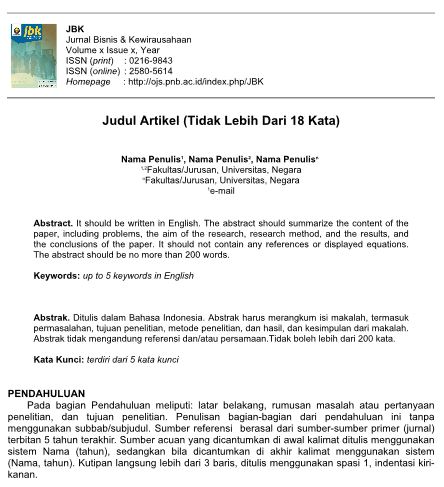Strategi Penganggaran Berbasis Program dan Kegiatan pada Pembangunan Daerah Kabupaten Badung 2022
DOI:
https://doi.org/10.31940/jbk.v19i2.127-138Keywords:
Institutional, Bureaucratic, Leadership, StrategyAbstract
This evaluation research aims to analyze the performance achievements of the nine regional development priorities which are translated into programs and activities of basic service obligatory affairs, non-basic service obligatory affairs, and optional affairs. The quantitative data used comes from the District Head's LKPJ 2022. On the other hand, the qualitative data comes from the results of in-depth interviews, focus group discussions, and observations, both direct and indirect. Evaluation analysis techniques include four stages, namely need assessment, program planning, formative evaluation, and evaluation. The results of the study show that the performance achievements are in the good category (83.67 percent). The performance results are determined by institutional, bureaucratic, leadership, and strategic factors. Based on these findings, it can be suggested that (a) adequate technical guidelines for the implementation of programs and activities be issued, (b) communication, information, and education on the provisions of the rules that serve as a reference for the implementation of programs and activities to be carried out more intensively, (c) the competency of ASN is continuously improved continuous, planned and integrated, (d) aspects of IQ in the form of vision, PQ in the form of work discipline, EQ in the form of passion and SQ aspects in the form of awareness of conscience need attention in placing leadership positions, and (e) vision and goals Organizations need to be revitalized continuously and adapted to the results of external and internal environmental analysis, and developments in science and technology.
Downloads
Published
How to Cite
Issue
Section
License
Copyright (c) 2023 Jurnal Bisnis dan KewirausahaanAuthors who publish with this journal agree to the following terms:
Authors retain copyright and grant the journal right of first publication with the work simultaneously licensed under a Creative Commons Attribution License that allows others to share the work with an acknowledgement of the work's authorship and initial publication in this journal.
Authors are able to enter into separate, additional contractual arrangements for the non-exclusive distribution of the journal's published version of the work (e.g., post it to an institutional repository or publish it in a book), with an acknowledgement of its initial publication in this journal.
Authors are permitted and encouraged to post their work online (e.g., in institutional repositories or on their website) prior to and during the submission process, as it can lead to productive exchanges, as well as earlier and greater citation of published work.











